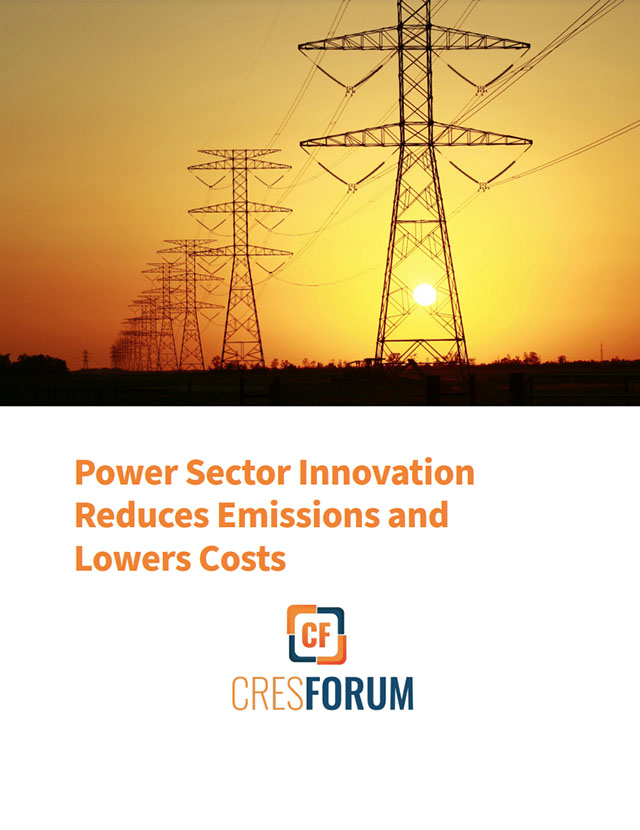Energy Resources
Current low-carbon energy sources, including renewable resources and nuclear energy, are on track to account for one-fourth of American energy production. As these and emerging innovative technologies, such as carbon capture, continue to be developed, the U.S. should continue to develop all other domestic energy resources, to meet both domestic and global energy demands. Doing so will increase our energy security and also help to reduce global emissions, as the US is among the world’s most carbon efficient producers.
The United States’ energy security has changed dramatically since U.S. imports peaked in 2007. As the U.S. continues to decarbonize and work towards net zero, many questions must be answered: At what pace and scale will the U.S. need to deploy clean energy technologies to achieve net zero emissions?
The United States’ energy security has changed dramatically since U.S. imports peaked in 2007. As the U.S. continues to decarbonize and work towards net zero, many questions must be answered: At what pace and scale will the U.S. need to deploy clean energy technologies to achieve net zero emissions?
The key to making the most of zero-carbon electricity When the energy produced by renewable technologies such as solar photovoltaic panels or wind turbines exceeds demand, which often happens during Spring and Summer months when there is abundant sunshine, that output is reduced, or curtailed. In short, these resources are taken offline. The production of […]

This briefing paper is part of the Understanding the Facts Series that provide background information on why and how conservatives should lead on climate change policy. The issues and approaches are rooted in CRES Forum’s Conservative Climate Policy Directives, which were developed to help policymakers and the public better understand which policies can reduce emissions […]

This briefing paper is part of CRES Forum’s Understanding the Facts Series, providing substantive background information on why and how conservatives should lead on climate change policy. The issues and approaches are rooted in CRES Forum’s Conservative Climate Policy Directives. These directives were developed to help policymakers and the public better understand how policies can […]
The United States is continuing to diversify its renewable energy sources, including a recent commitment to research and development in geothermal energy. Geothermal energy is a clean and renewable energy source that uses the heat of the Earth. It is growing rapidly in the U.S. and globally, with tremendous economic benefits and a bright future. […]
When we talk about the astounding advances in our national energy sector that have provided energy choice, freedom, and security for consumers and businesses alike—not to mention emissions reductions—the energy efficiency industry often gets brushed over. That’s probably due to the fact that the vital role energy efficiency plays in innovating American energy development is […]
Texas is synonymous with American energy production; the Energy Information Administration (EIA) reports that it is the nation’s largest energy-producing state, including leading in both oil and natural gas—but also wind energy. In fact, last year, the power produced by coal in Texas was overtaken by the power produced by clean energy technology, like wind […]
Facebook, Google, Walmart and Sony; Atlanta, Pittsburgh, Cleveland and Minneapolis—these are just some of the major corporations and U.S. cities that have pledged to transition to 100% renewable electricity sources over the next few decades. With new commitments being announced on a near- daily basis, it seems clear that growing numbers of citizens, civic organizations […]
Household- and community-level energy independence Net metering is the reimbursement for excess distributed energy generation supplied back to the grid. At their core, net metering policies are capable of helping to democratize energy generation by empowering individuals and communities to “sell back” to the grid which incentivizes lower operating expenses and more conscientious consumption of […]